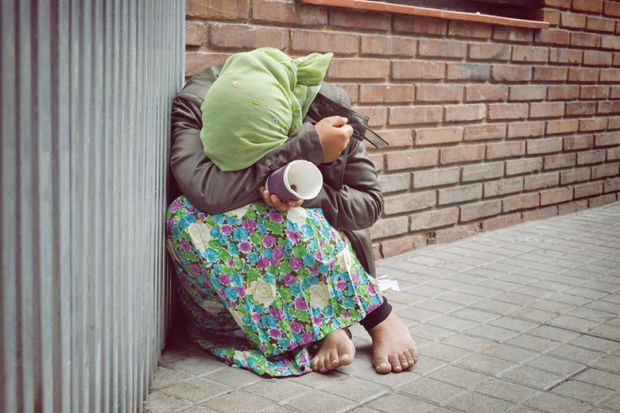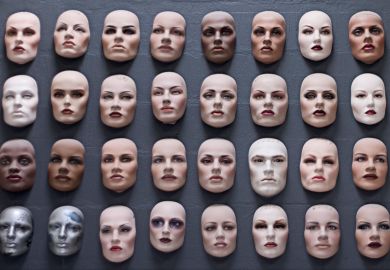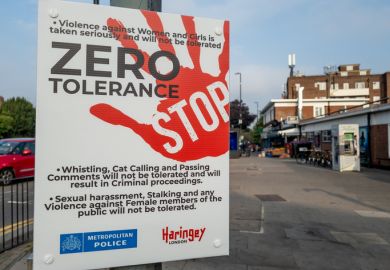I recently attended an International Women’s Day event on campus. It was tame.
We academics domesticate and theorise the violence, displacement, mutilation and subordination of women almost out of existence. We speak about victimhood timorously and without passion, from behind a lectern. We don’t make people angry.
If we are brave, so much more can be done. Here are two stories full of real anger.
First, Nawal El Saadawi’s Diary of a Child Called Souad is about an intelligent girl who silently, without reconciliation, learns to accommodate the hypocrisy of her society. Forced to study, bullied by her father and teachers, at 13 she is summarily withdrawn from study and married. Education is used as a tool of domination, discarded at the point where her spirit was deemed broken.
The rest of her life is passed over in the final sentence of the book: “In one night she has leapt from childhood to old age, and then she dies after she gives birth to a child who resembles her, whom she called Souad.” The thwarted woman-who-might-have-been gives birth to her double. The train of events will begin again: there is no escape for a Souad.
Second: Elena Ferrante’s Days of Abandonment. This is the most furious and disturbing book I have read. The character is a middle-class woman abandoned by her husband. Her life dissolves. She becomes self-absorbed, irrational. The raw violence of the human organism – a bag of flesh and instinct – takes over. At the crisis of the story, she becomes trapped in a flat that she believes to be deadlocked on the inside, a symbol for the prison of the psychosis in which she lives.
She is hauled this way and that by the urgent needs of those around her, without being able to do what women do: provide. She is a character at once repellent and fascinating, forced to burst physically and violently out of the illusion of marriage, out of the fiction of civilised being.
Without mercy, these books bring us face to face with violence, injustice, dissolution. We should use them as stepping stones to the real world.
Think: how many of us (and I ask pardon from any who have) have really been at the sharp end? How many of us have experienced abuse, violence, indigence and hopelessness? How many of us know at first hand people who have? How many of us understand the daily struggle of women just down the road from our universities? Would we be able to find a homeless shelter? To endure life in one? To live on the icy streets in fear of injury and rape? To have our kids removed, to be dehumanised, dwindle to mere voices that are no longer heard?
Unfashionable as it is to say so, the majority of us female academics live safe and comfortably – if not luxuriantly – salaried lives.
Yet our institutional havens are not perfect. It’s not so much that they are still sexist, more that they are inhuman. Visibly to experience the anguish of the human condition is to earn rebuke for being unprofessional, however justified it may be. But we should take a lesson from Nawal El Saadawi and Elena Ferrante. To speak out, even if what we have to say is raw, ugly or ungainly, is to set free what is human.
Emma Gee is a lecturer in Latin and classical studies at the University of St Andrews.
Register to continue
Why register?
- Registration is free and only takes a moment
- Once registered, you can read 3 articles a month
- Sign up for our newsletter
Subscribe
Or subscribe for unlimited access to:
- Unlimited access to news, views, insights & reviews
- Digital editions
- Digital access to THE’s university and college rankings analysis
Already registered or a current subscriber?






